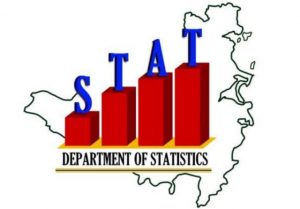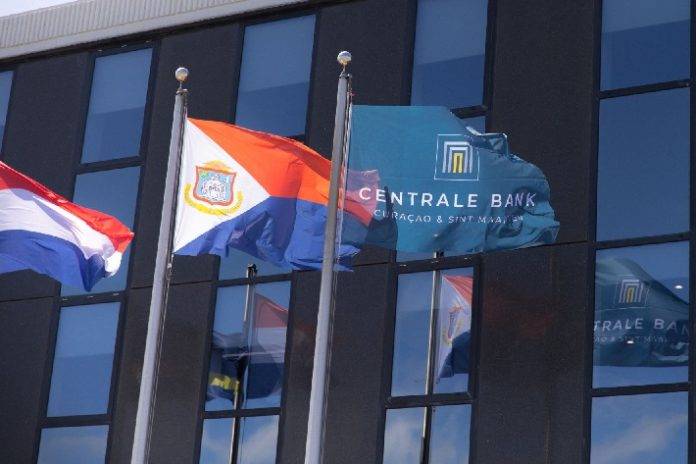 Willemstad/Philipsburg – According to a survey conducted by the Centrale Bank van Curaçao en Sint Maarten (CBCS) together with the Sint Maarten Department of Statistics (STAT) among 1400 randomly selected households in Sint Maarten (Dutch side), 23% of the survey respondents do not have a current account at a commercial bank or credit union.
Willemstad/Philipsburg – According to a survey conducted by the Centrale Bank van Curaçao en Sint Maarten (CBCS) together with the Sint Maarten Department of Statistics (STAT) among 1400 randomly selected households in Sint Maarten (Dutch side), 23% of the survey respondents do not have a current account at a commercial bank or credit union.
The results also show that 17% of the respondents do not have any digital payment alternative and are therefore totally unbanked. Furthermore, the survey reveals that the majority of people always hold cash on hand for purchases and bill payments.
Consequently, extensive financial education programs for consumers and merchants should be organized in cooperation with other stakeholders such as the government and financial as well as non-financial institutions to foster financial inclusion and promote a sustainable payment environment.
The objective of the survey was to get an insight in the financial and payment behavior of Sint Maarten’s residents and their access to and knowledge of the financial and payment system, considering the CBCS’s objective to promote a safe and efficient payment system that is accessible to everyone.
Therefore, this research covered four topics: payment behavior, financial inclusion, financial literacy, and financial satisfaction. The results of this survey have been compiled in the CBCS report ‘A glance into Sint Maarten’s payment behavior and financial matters 2021’. The report has been published on the CBCS website.
Payment behavior
Most interestingly, 80% of the respondents prefer to pay in cash for purchases and 69% pay their bills with cash. Moreover, 49% of the respondents pay bills for the amount of NAf 2001 and higher in cash, while a steeper decrease of cash usage would be expected for those amounts.
Financial Inclusion
77% of the surveyed households have a current account, whilst 73% also own a savings account. Of those who indicated not to have a current account, 27% do own a savings account. However, it should be noted that a savings account cannot serve as a replacement for a current account due to the limited services it provides. 46% of the respondents that have no current account, have no interest in acquiring such account, while 16% argued to not having a proof of income and 12% to not having a local identification.
A comparison by income brackets shows that the respondents without a payment account are concentrated in the low-income categories. It is noteworthy that 21% of the respondents without a current account are born in Sint Maarten.
Financial behavior
The current research shows that 60% of the respondents set money aside. 36% do so for
emergencies, such as job loss, while 23% set aside money for large future expenses like education. The results also show that 72% of the younger age groups (25 – 44 years) are more likely to save money. On the other hand, 42% of the respondents have a personal loan, followed by 31% with a mortgage loan and 29% with a car loan.
Financial satisfaction
Financial satisfaction involves consumers’ happiness with their present financial situation. Viewing the data on a Likert scale from 1 (very dissatisfied) to 5 (very satisfied), the results show that 39% of the respondents are dissatisfied to very dissatisfied with their current financial situation. Moreover, the lower the income and education, the higher the dissatisfaction. The average financial satisfaction score is 3.162. Furthermore, 41% of the respondents finds it difficult to very difficult covering their expenses and paying all their bills. The results by income and education level shows that the higher the level, the less difficulty is experienced in covering expenses and paying bills.
This week, CBCS-president Richard Doornbosch presented the results and recommendations of the survey to the stakeholders and discussed how each stakeholder can contribute to increase financial inclusion. The CBCS is determined to do further research on these topics and continue its efforts to improve financial inclusion in Sint Maarten with initiatives such as a follow-up survey on payment transaction fees, the basic payment account for legal residents with minimal requirements and broadening its financial education activities.
More research results are available in the ‘A glance into Sint Maarten’s payment behavior and financial matters 2021’. on our website: https://www.centralbank.cw/functions/marketoperations-payments/reports-statistics





























